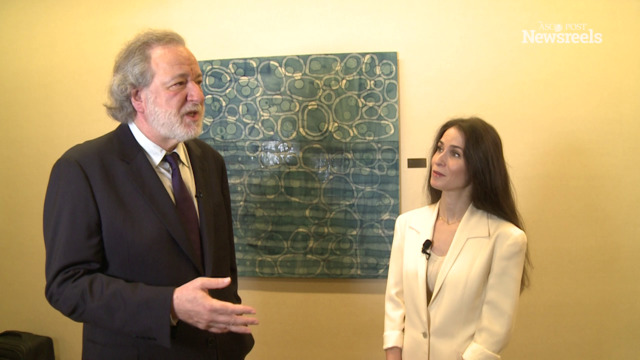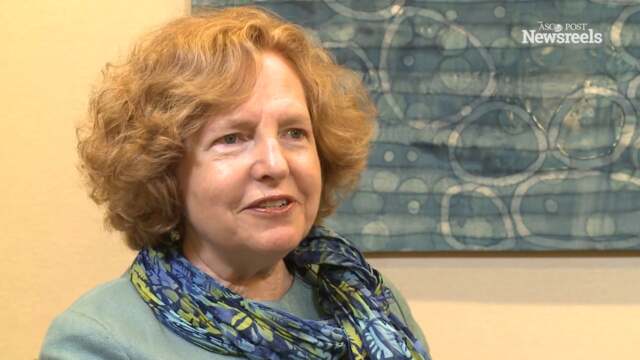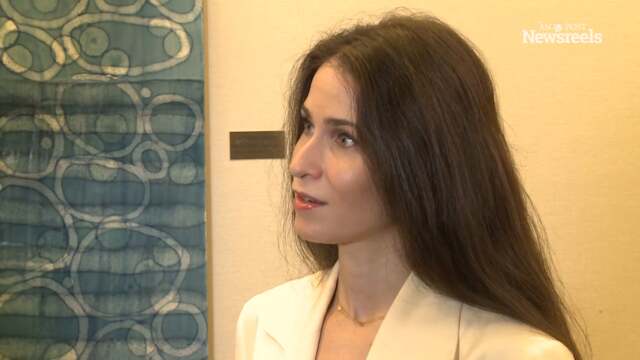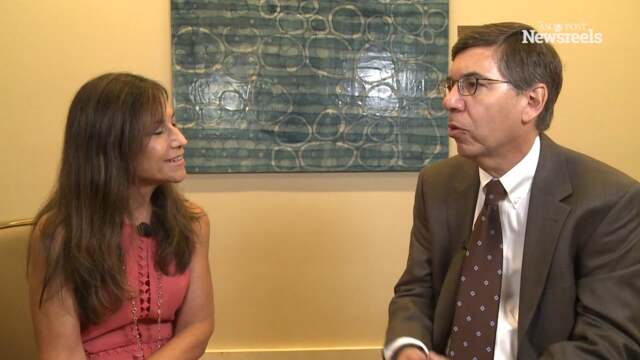Robert T. Croyle, PhD, on The 2015 NCI Initiative Expanding Health Care Delivery Research
2015 IPOS APOS World Congress of Psycho-Oncology
Robert T. Croyle, PhD, of the National Cancer Institute, discusses the research program on the variation in the quality of cancer care, our ability to monitor quality and measure outcomes, and understand the psychosocial aspects of care.
Related Videos
Jimmie C. Holland, MD, and Tammy A. Schuler, PhD
Jimmie C. Holland, MD, of Memorial Sloan Kettering Cancer Center, and Tammy A. Schuler, PhD, of the Association for Behavioral and Cognitive Therapies, demonstrate a dialogue between a clinician and a recently diagnosed cancer patient whose distress was discovered with the use of the Distress Thermometer.
Allison J. Applebaum, PhD, and William S. Breitbart, MD
Allison J. Applebaum, PhD, and William S. Breitbart, MD, of Memorial Sloan Kettering Cancer Center, discuss a meaning-centered psychotherapy workshop they conducted for an international group of clinicians.
Julia H. Rowland, PhD
Julia H. Rowland, PhD, of the National Cancer Institute, discusses the growing number of promising interventions to improve health and function for those living with and beyond a cancer diagnosis, as well as those who care for and about them.
Allison J. Applebaum, PhD, and William S. Breitbart, MD
Allison J. Applebaum, PhD, and William S. Breitbart, MD, of Memorial Sloan Kettering Cancer Center, explain how they brought this new treatment to help stressed caregivers of loved ones with cancer.
Lori Wiener, PhD, DCSW, LCSW-C, and Paul B. Jacobsen, PhD
Lori Wiener, PhD, DCSW, LCSW-C, of the National Cancer Institute, and Paul B. Jacobsen, PhD, of the Moffitt Cancer Center, discuss the highlights of this year’s meeting, which for the first time brings together the international and American psychosocial oncology societies.





